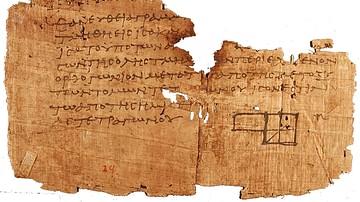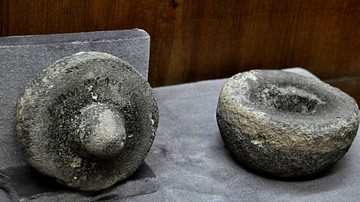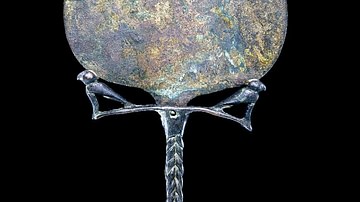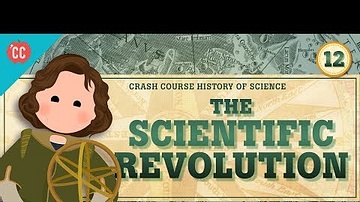Search
Search Results

Definition
Science
The term science comes from the Latin word scientia, meaning “knowledge”. It can be defined as a systematic attempt to discover, by means of observation and reasoning, particular facts about the world, and to establish laws connecting...

Definition
Ancient Greek Science
Ancient Greek science is a modern term for the application of systematic inquiry into the individual, the world, and the universe, which began in Ionia in the 6th century BCE with Thales of Miletus (l. c. 585 BCE) and continued through the...

Definition
Roman Science
The Romans assimilated earlier Greek science for their own purposes, evaluating and then accepting or rejecting that which was most useful, much as they did in other fields such as warfare, art, and theatre. This assimilation of Greek thought...

Definition
Mesopotamian Science and Technology
Mesopotamian science and technology developed during the Uruk Period (4100-2900 BCE) and Early Dynastic Period (2900-1750 BCE) of the Sumerian culture of southern Mesopotamia. The foundation of future Mesopotamian advances in scientific/technological...

Article
Ancient Egyptian Science & Technology
The great temples and monuments of ancient Egypt continue to fascinate and amaze people in the modern day. The sheer size and scope of structures like the Great Pyramid at Giza or the Temple of Amun at Karnak or the Colossi of Memnon are...

Video
Carl Sagan, The Ionians and the Birth of Science
Cosmos A Personal Voyage The Ionians and the Birth of Science
https://www.youtube.com/watch?v=VxeNgfo9ZDs

Video
The Scientific Revolution: Crash Course History of Science #12
So, what exactly is a scientific revolution? And are they more than just moments in time Historians use to mark the beginning and ending of things through time? In this episode we'll look into some ideas and people named Nick and how they...

Definition
Antikythera Mechanism
The Antikythera mechanism (also known as the Antikythera Device), dated to the late 2nd century/early 1st century BCE (roughly 205-60 BCE) is understood as the world's first analog computer, created to accurately calculate the position of...

Image
Difference Engine
The Difference Engine was invented by the Englishman Charles Babbage (1791-1871) in 1822. This example is a modern model of Babbage's Mark II, designed c. 1848. Like most other inventions of the Industrial Revolution, Babbage built on the...

Article
Greek Mathematics
Greek mathematics, the study of numbers and their properties, patterns, structure, space, apparent change, and measurement, is said to have originated with Thales of Miletus (l. c. 585 BCE) but was clearly understood during the periods of...